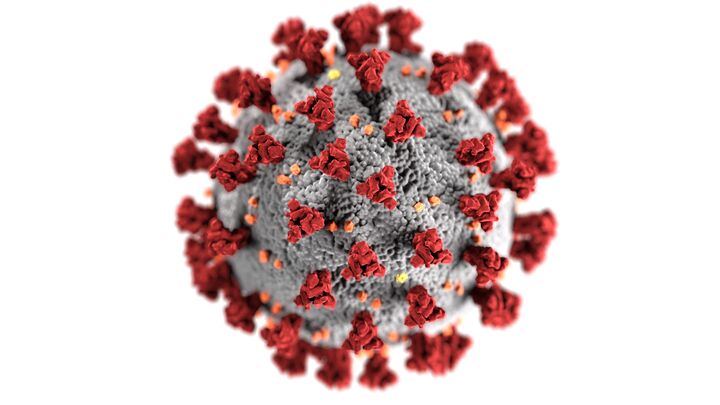INTEGRATIVE PEDIATRIC CARE AND WHOLE CHILD HEALTH
In our last blog, we discussed integrative, functional, and naturopathic medicine as being similar medical approaches to caring for the Whole Person. Most people who access this type of healthcare are adults, but it’s just as important (arguably, more important) to approach healthcare for children holistically. In fact, Whole Child Health is an initiative promoted by the Centers for Disease Control and Prevention (CDC) that many organizations who care for children try to implement – including at Tacoma Public Schools.
Lifelong health starts early
We’ll say it again – PREVENTION IS EVERYTHING! It cannot be overstated how important a healthy childhood is for a person’s lifelong health and longevity. Here are a few facts about childhood health that many people find surprising – including some who work in child healthcare:
- Most forms of cardiometabolic diseases that adults are diagnosed with – e.g. type 2 diabetes, coronary artery disease – have warning signs that show up before age 18.
- Stress and hard life experiences are well-established risk factors for adult cardiovascular disease like heart attacks and strokes. Having high adverse experiences in childhood is directly linked to greater risk of cardiovascular disease in adulthood. Some studies have even shown this association remains when controlling for related risks like poverty and smoking.
- Children whose parents/guardians have certain mental health conditions like bipolar disorder, ADHD, and anxiety are more likely to develop these conditions as adults.
- Children who receive multiple courses of antibiotics for frequent/recurrent illnesses such as ear infections are more like to develop diabetes and other metabolic health problems in adulthood.
These are just a few examples of why ‘good’ healthcare for children involves much more than regular visits with a pediatrician. Diligently caring for the health of a child requires care for the whole family.
Early intervention requires regular healthcare visits
Right from birth, children grow and develop extremely quickly – it is truly a wonder to behold. This is why we adhere to the schedule for well-child visits that is recommended by the American Academy of Pediatrics and the CDC. Developmental screenings are performed at most early childhood visits so that we can intervene in areas that need support as soon as possible. Our community has a well-connected network of behavioral health and child development providers to call on when needed.
The hidden burden of stress in childhood
Adverse childhood experiences are potentially traumatic experiences that occur in childhood, such as suffering physical abuse or witnessing abuse between caregivers. It can also include experiences that threaten the stability of a child’s home or their attachment to caregivers—things like housing insecurity and caregiver substance use. Other stress and life adversity can have subtle but real effects on children when it affects a caregiver’s ability to recognize and respond to their children’s needs. When we meet families, we take time to ask lots of questions so that we can offer support in any of these areas if necessary.
Children need positive experiences to thrive
On the flip side, positive experiences in childhood and healthy attachment with caregivers are very protective against the health risks of trauma. The conventional medical model is sometimes overly focused on “what’s wrong” and loses sight of “what’s right.” It is just as important to support healthy relationships and life-affirming activities for children as it is to protect them from harm. Your child’s pediatrician should be actively discussing positive parenting, healthy behaviors, education, and play at routine health checks.
REFERENCES
Basu A, McLaughlin KA, Misra S, Koenen KC. Childhood Maltreatment and Health Impact: The Examples of Cardiovascular Disease and Type 2 Diabetes Mellitus in Adults. Clin Psychol (New York). 2017 Jun;24(2):125-139. doi: 10.1111/cpsp.12191.
Boursi, B., Mamtani, R., Haynes, K., & Yang, Y. X. (2015). The effect of past antibiotic exposure on diabetes risk. European Journal of Endocrinology, 172(6), 639–648.
Camhi SM, Katzmarzyk PT (2010) Tracking of cardiometabolic risk factor clustering from childhood to adulthood. Int J Pediatr Obes 5:122–129.
Rosengren A, Hawken S, Ounpuu S, Sliwa K, Zubaid M, Almahmeed WA, Blackett KN, Sitthi-amorn C, Sato H, Yusuf S; INTERHEART investigators. Association of psychosocial risk factors with risk of acute myocardial infarction in 11119 cases and 13648 controls from 52 countries (the INTERHEART study): case-control study. Lancet. 2004 Sep 11-17;364(9438):953-62.









